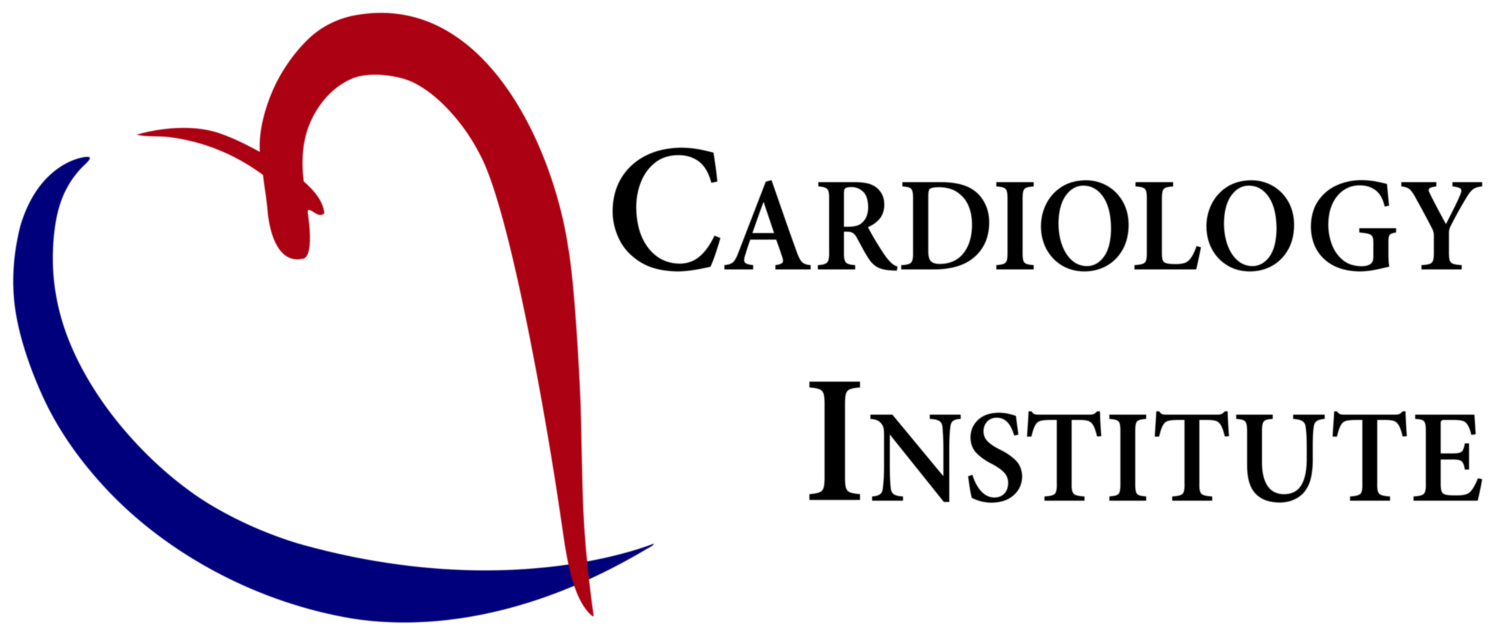First line agents for hypertension are one of three classes:
- ACE inhibitors or Angiotensin receptor blockers
- Thiazides
- Calcium channel blockers
Drug preference is mainly influenced by co-morbidities and contraindications, rather than a simple age cut-off.
Co-morbidities & Preferred anti-hypertensive agents
| Co-morbidities | Preferred anti-hypertensive agents |
|---|---|
| Renal dysfunction, Microalbuminuria, ESRD, Proteinuria | ACEi/ARB |
| Prior MI | bB, ACEi/ARB |
| Angina | bB, CCB |
| Heart failure | Diuretics, bB, ACEi/ARB, spironolactone |
| AF, prevention | ARB/ACEi, bB, spironolactone |
| AF, rate control | bB, Diltiazem |
| Metabolic syndrome | ACEi/ARB, CCB |
| Isolated systolic hypertension in elderly | Diuretics, CCB |
| Pregnancy | Methyldopa (category B); bB, CCB (category C) |
| Diabetes | ACEi/ARB |
| Aortic aneurysm | bB |
| Peripheral arterial disease | ACEi, CCB |
Anti-hypertensives agents & Contraindications
| Anti-hypertensives agents | Contraindications |
|---|---|
| Thiazides | Gout. Metabolic syndrome. Glucose intolerance, Pregnancy, Hypercalcaemia, Hypokalaemia |
| Beta-blockers | Asthma. AV block. Metabolic syndrome. Glucose intolerance. Athletes and physically active patients. COPD unless vasodilator bB. |
| Dihydropyridines CCB | Tachyarrhythmia. Heart failure. |
| Verapamil, Diltiazem CCB | AV block. Severe LV dysfcuntion. Heart failure. |
| ACEi / ARB | Pregnancy. Women with child bearing potential. Angioneurotic oedema. HyperK. Bilateral renal artery stenosis |
| Spironolactone | Acute or severe renal failure. HyperK |
Author: Dr Andrew To

